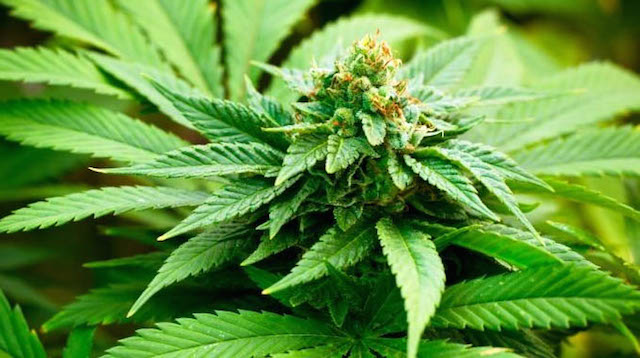Think of the Children
Many times when I’ve been interviewed on the radio, or by any journalist about my views on prohibition, the classic question pops out. It’s the same tired piece of rhetoric that many politicians fall back on in answer to regulating drugs. “What message would it give?” A common variation is “What message would it give to the children?”
The problem with this common question is that it seeks to define the debate on the premise that prohibition is somehow doing the right thing and sending out the “right” message. The question assumes that the current system of drugs law enforcement is keeping our kids safe and defining a societal response to drug use. This couldn’t be further from the truth.
On the 12th October our Parliament will debate the question, should the production, sale and use of cannabis be legalised? This follows an extraordinary petition of over 200,000 signatures. Prior to this debate, perhaps we should consider the inevitable question of what message it would give to the children?
For the majority of teenagers, I am sure that cannabis is easier to get hold of than alcohol. No photographic identification is needed to buy cannabis, and drug dealers rarely have scruples. One of the most unsurprising but welcome observations of the successful regulation of cannabis in Colarado, is that teenage use of the drug has gone down.
As a police sergeant I spent a lot of time carrying out drugs education to all manner of organisations and groups, as part of my dual role as a national drugs expert. I carried out a fair amount of work with teenagers, especially around first year college and sixth form age, primarily 16 year olds. It didn’t take much coaxing for around 80% of them to admit using cannabis, and some of those regularly (many having done so for at least a year). It was very common for them to cite certain reasons for this. First, it was easy to get and they liked it. Second, it wore off quickly so parents were none the wiser. And third, alcohol made them sick, and so they believed that cannabis is safer than alcohol.
The safety comparison between the two drugs is of course the central platform of the political party CISTA. CISTA do important work and I’m sure that over time that simple message will have an effect on the general perception of the drugs, because scientific evidence makes it a simple truth. How harmful a drug is however, can become like a tabloid argument, it can create an “is-isn’t” tennis match of claim and counter claim that takes the drug debate nowhere. Okay, our kids may be taking something that is safer than alcohol, but that doesn’t mean they should be taking it.
We’re all agreed that there’s a communal consensus – all parties on all sides of the debate agree that children should not be using cannabis.
This is not to say that children should not be provided with cannabis where there is indication of a medical need. There are various illnesses in which the drug is highly beneficial for children such as certain types of epilepsy. As with all medical treatments, benefits are weighed against harms and side effects.
The point is that prohibition is not managing the risk to children and young adults.
When I worked undercover, I witnessed many young men step into the world of organised crime, tempted by the lure of drugs money, and having been tempted by those in organised gangs who have previously supplied them with cannabis. I have observed these youngsters change dramatically to become the person that the illicit trade needs them to be. Over the space of months I have seen teenagers learn to be violent and intimidating in ways that their younger selves would never have imagined. And for every police success in removing a dealer, an ever younger replacement steps up. The state of our inner city communities are shaped by this lucrative unregulated market, and the impact organised crime has on our youngsters.
Ever younger dealers selling to ever younger users. This is the situation, this is prohibition.
So, if we were to legalise and regulate? If we were to take control away from organised crime? What message would that give?
The message would be that whatever the harms are for consenting adults, this drug is not for children. It would send the message that we want to remove the influence of Organised Crime from our young people. It would send the message that we do not accept the slow erosion of our towns and cities by further allowing the intimidation and corruption of organised crime.
Paul Flynn MP will lead the debate on the 12th. He has long been a voice of common sense on this topic, and has campaigned for decades for an evidence based approach to drug policy. Those of us who try and work towards reform admire him, and we wish him well on the 12th.
For any MP who is going to attend the debate, I hope that the intent is not to get bogged down with details of harms to adults. Whatever the harms of any drug, prohibition does nothing to mitigate those harms, but it is our young people that prohibition puts especially at risk. So please, think of the children.







Well said Neil, I applaud you!
Prohibition…”doing the same thing over and over again and expecting a different result” Einstein
Keep up the awesome work.